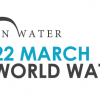
World Water Day held annually on 22 March, celebrates water and raises awareness of the 2.2 billion people living without access to safe water. It is about taking action to tackle the global water crisis. IIASA is involved in several regional and global activities and initiatives focused on how to raise awareness and find solutions that will ensure sustainable water futures.
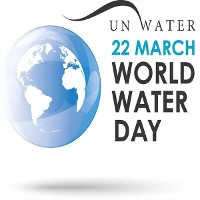 © UN WATER | WATER AND CLIMATE CHANGE
© UN WATER | WATER AND CLIMATE CHANGE
The theme of this year’s World Water Day is about Water and Climate Change – and how the two are inextricably linked. Adapting to the water effects of climate change will protect health and save lives. Sustainable Development Goal (SDG) 6 is crystal clear: Ensure availability and sustainable management of water and sanitation for all.
The IIASA Water Program has continually been active in water science since the institute's inception in 1972. The program develops models and uses scenario-based approaches to support policymakers with sound scientific data and tools for responding to current and future global water challenges.
Highlights of Water Program Research and Activities
1. Advancing Collaboration in the Indus Basin
The Third Indus Basin Knowledge Forum Workshop was held at IIASA in Laxenburg, Austria in June 2018 and brought together researchers, policymakers, and stakeholders from the four basin countries (Afghanistan, China, India, and Pakistan) and beyond to share knowledge and advance collaborative efforts for sustainable resource management. The event was hosted by the institute and co-convened by IIASA, the International Centre for Integrated Mountain Development (ICIMOD), the International Water Management Institute (IWMI), and the World Bank.
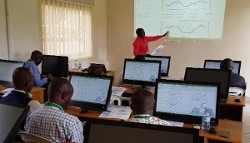 © IIASA
© IIASA
2. Water Futures and Solutions East Africa
A key goal of integrated water resources management is to balance supply and demand for all water users across different economic sectors while safeguarding the environment. IIASA research supports the incorporation of water science into policy, planning, and applied management issues.
Capacity Building: The East Africa Future Water Scenarios to 2050 WORKSHOP focused on future water resources options and challenges in East Africa and brought together practitioners and policymakers engaged in government, academia, business, and civil society from Uganda and the other member countries of the Lake Victoria Basin Commission (Burundi, Kenya, Rwanda, and Tanzania). Participants explored results from the model runs of the Community Water Model (CWATM) and the Hydro-Economic Model (ECHO) on mid to long-term water resources management trends for East Africa. This workshop was held as part of the Water Futures and Solutions Initiative funded by the Austrian Development Agency.
a) The Community Water Mode (CWATM) is an open source model that examines how future water demand will evolve in response to socioeconomic change and how water availability will change in response to climate. The model enables the assessment of water supply and human and environmental water demands at both global and regional levels and is the first step towards developing an integrated modeling framework that will be able to provide vital information to decision and policymakers.
b) Global Hydro-Economic Model (ECHO) is a bottom-up system analysis framework that can be used to develop integrated, long-term planning strategies for the water system. It can be used to inform the design of cost-effective and sustainable water policy decisions and to address the impacts of future changing socioeconomic and climatic conditions on water systems.
The IIASA Water Program conducts water quality modeling for water availability- and scarcity assessment, water-energy-land-environment nexus analysis, and identification of cost-effective solutions under long-term changes.
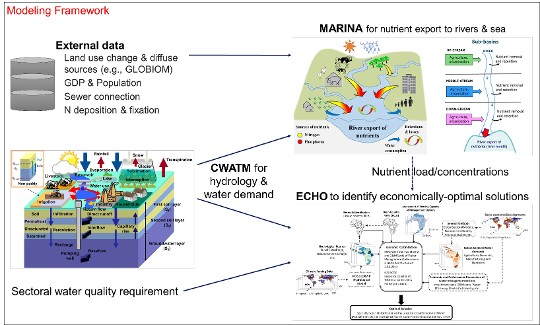 © IIASA
© IIASA
The MARINA model is soft-linked to CWATM and ECHO at IIASA’s Water Program. The MARINA model is used to quantify current and future nutrient export to coastal waters for selected large river basins under different socio-economic development and climate change pathways.
Water Games: A joint initiative by IIASA and the Centre for Systems Solutions
With growing population and environmental degradation, we are at a point where around 60% of people do not have access to sufficient and stable freshwater resources. How do we address different water challenges, including those related to nature-based solutions?
Games and Simulations can provide exciting and insightful ways to raise awareness, develop empathy, and explore the opportunities and limitations of achieving clean and accessible water for all. IIASA and the Centre for Systems Solutions have been collecting and describing such water-related games and their applications on the Water Games website for several years.
Join us to celebrate World Water Day and Sustainable Development Goal 6 to ensure clean water and sanitation for all. Visit the Water Games page on the Games4Sustainability website to find tools to promote change towards sustainable behaviors.
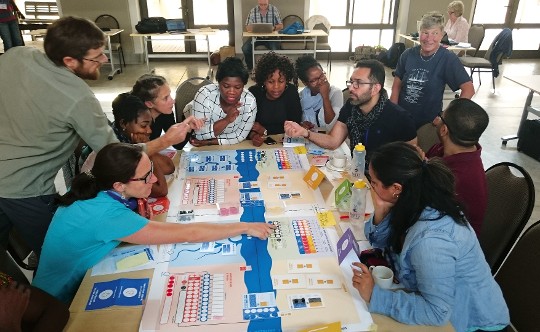 © IIASA
© IIASA

